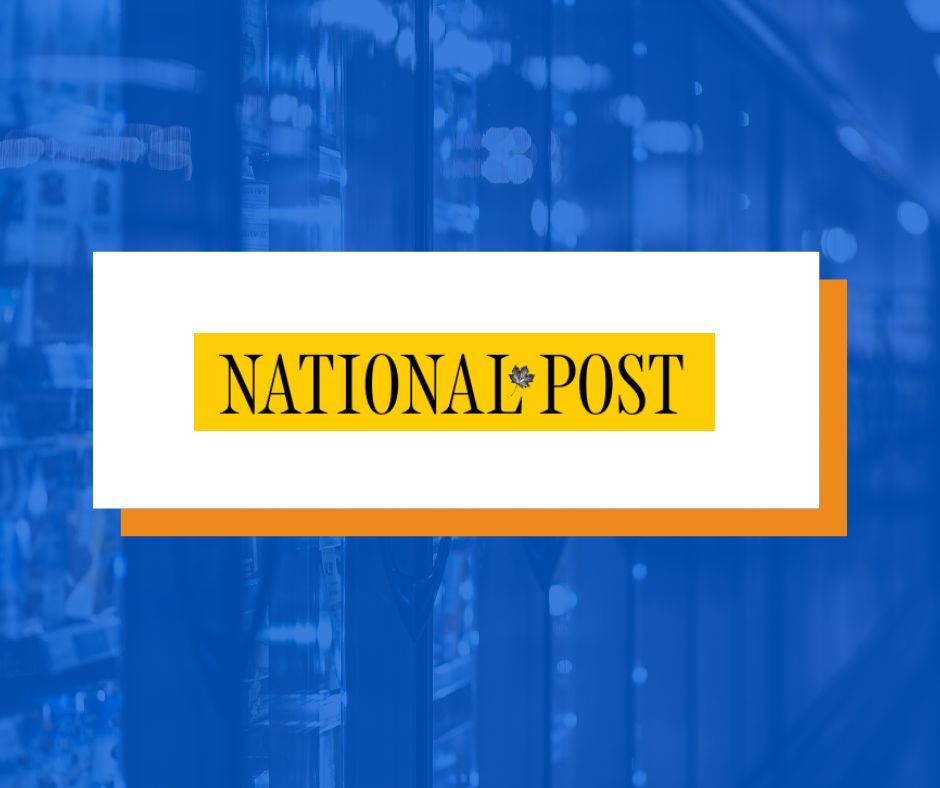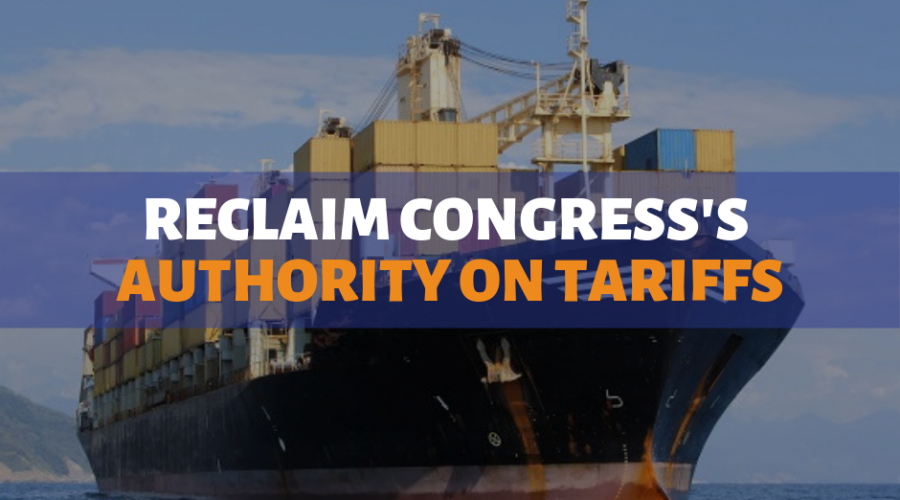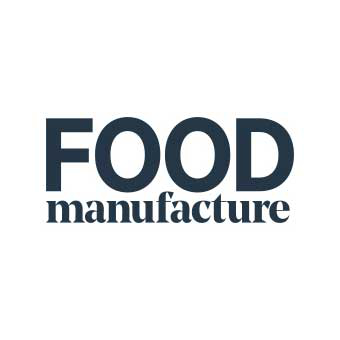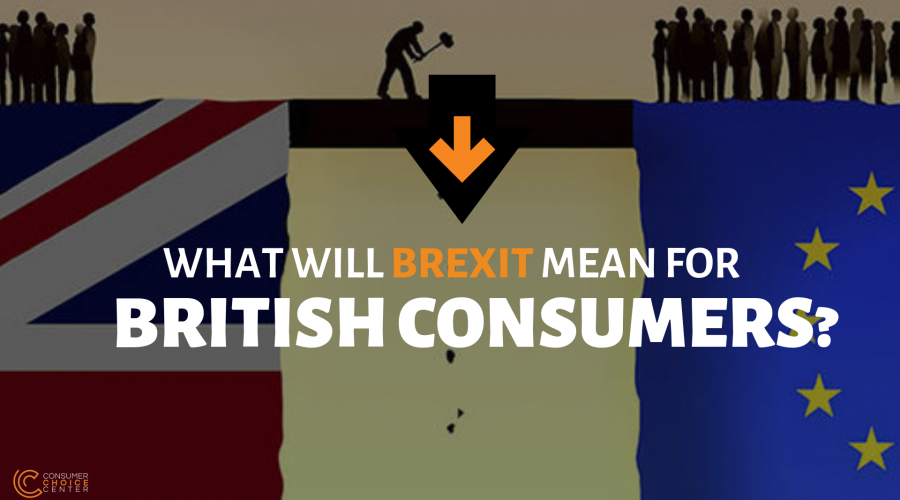
Today, on the day of President-elect Trump’s second inauguration, his proposed Day One actions are beginning to take shape. Axios reports Trump is now weighing immediate tariffs on Canada and Mexico under the guise of a “national economic emergency.” With Canada ramping up its plans for...

Tariffs are taxes paid for by a country’s own consumers In 1930, U.S. Congress passed the Smoot-Hawley Tariff Act, with the hopes of calming the great depression, and to raise more revenue for the federal government. To paraphrase the great...

A new report from Statistics Canada estimates that 15 percent of Canadian households experienced some sort of food insecurity in 2022. After relative stability from 2017-2021, the Canadian Community Health Survey reports that not only was the figure up in...

President Trump will give the EU and Japan six months to agree to a deal that would “limit or restrict” imports of automobiles and their parts into the US. It is claimed that car imports threaten national security since they...

Last month, trade commissioner Cecilia Malmström told European trade ministers that if President Trump hits the EU with 25 per cent tariffs on cars, Brussels is prepared to hit back with tariffs on some $20 billion worth of American exports. Trade...

КИЇВ. 19 березня. УНН. Незабаром Україна отримає шанс збільшити експорт курятини в Європу. Це станеться, якщо Європарламент схвалить домовленість сторін про зміну угоди про зону вільної торгівлі. Від позитивного рішення ЄП виграє європейський споживач, який отримає великий вибір продукту за низькою...

Arlington, VA – A coalition of 30 organizations, including the Consumer Choice Center, led by Americans for Prosperity (AFP) and Freedom Partners Chamber of Commerce released a letter today encouraging lawmakers to reclaim their tariff authority, which has been delegated to...

As the Brexit no-deal vote and the deadline itself approach, expectations of the UK seizing this opportunity and reclaiming its trading heritage are heating up. What will a post-Brexit UK choose: being a global advocate of free trade or a protectionist ex-EU...

A spokeswoman for the Consumer Choice Center said: “Imposing any tariffs on food will not only put another burden on British consumers and increase the costs of Brexit, but will also send a signal to the rest of the world that...

The UK’s decision to leave the European Union in 2016 has arguably triggered one of the most laborious and frustrating times to be alive in Western European history. It has since hijacked all political debate and media headlines, which in...

The prospect of tariffs drew stinging criticism from consumer group Consumer Choice Centre. “Imposing tariffs on meat imports will not only put another burden on British consumers but will also increase the costs of Brexit and send a signal to...

Trade representatives of the European Union and the United States are meeting today to discuss the scope of EU-US trade talks. The United States argues for an opening of trade relations on food, while the European Union wants to avoid...
Free Trade For Us is a single-issue campaign produced by the Consumer Choice Center and supported by partners to raise awareness about the positive impact of free trade and to show policymakers all over the world that the millennial generation is united against tariffs, trade barriers, and retaliatory measures that only hurt consumers and workers.
© Copyright 2018 All Rights Reserved